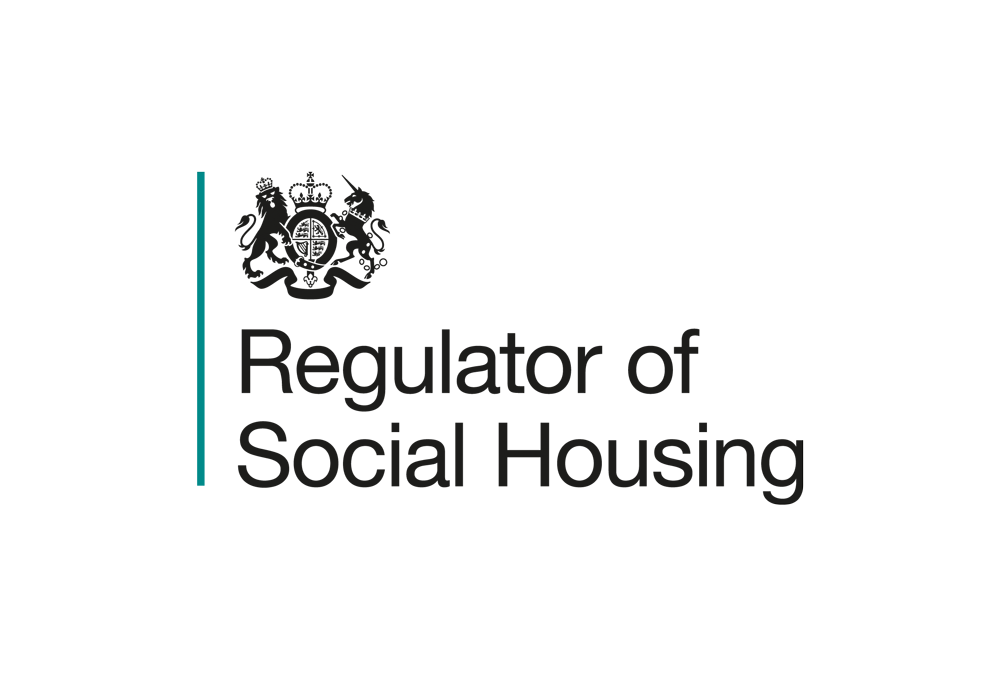Considerations when dealing with household waste
Our residents should consider several important factors when disposing of rubbish responsibly.
Here are some key points to keep in mind when dealing with household waste:
1. Understand local regulations and guidelines
- Follow Tower Hamlets Council rules: Be aware of the waste disposal regulations set by the council, including collection days, types of waste that can be disposed of, and any specific sorting requirements. Visit: https://www.towerhamlets.gov.uk/lgnl/environment_and_waste/environment_and_waste.aspx
- Use Provided Facilities: Utilise the waste disposal facilities provided by the social housing complex, such as bins for general waste, recycling, and organic waste.
2. Sort waste correctly
- Recyclables: Separate recyclables (paper, cardboard, plastics, glass, and metals) from general waste. Ensure items are clean and dry before placing them in the recycling bin.
- Organic waste: If available, use organic waste bins for food scraps and garden waste.
- Hazardous waste: Dispose of hazardous materials (batteries, chemicals, electronics) at designated drop-off points or special collection events.
3. Minimise waste
- Reduce and reuse: Try to minimise the amount of waste you produce eg, buy produces using less plastics. Reuse items whenever possible and consider donating items that are still usable.
- Compost: If you have a small garden or access to a communal composting facility, compost organic waste.
4. Proper use of bins
- Do not overfill bins: Ensure bin lids are closed to prevent overflow, which can attract pests and create a mess.
- Place bins out on Collection Day: Put bins out on the designated day and bring them back in after collection to keep the area tidy.
5. Respect shared spaces
- Keep communal areas clean: Do not leave rubbish in hallways, stairwells, or other communal areas as they will become a hazard in an evacuation situation.
- Report issues early: Notify the SHA housing management of any issues with waste disposal facilities or if you notice illegal dumping.
6. Special items
- Bulky items: For large items like furniture or appliances, check the Tower Hamlets Bulky waste collection: https://www.towerhamlets.gov.uk/lgnl/environment_and_waste/recycling_and_waste/Bulky_waste/bulky_waste.aspx
- Medical waste: Dispose of medical waste according to specific guidelines to ensure safety and compliance with regulations. For further information, visit: https://www.towerhamlets.gov.uk/lgnl/environment_and_waste/recycling_and_waste/Clinical-waste-collections.aspx#:~:text=Patients%20need%20a%20referral%20from,a%20GP%20or%20healthcare%20professional
- Batteries: Lithium batteries have caused fires in the rubbish lorries. Please do not put batteries in your waste or recycling bin. All batteries (including lithium batteries from e-bikes and e-scooters and other re-chargeable devices) can be taken to the Reuse and Recycling Centre at Northumberland Wharf (Tower Hamlets Reuse and Recycling Centre Yabsley Street, Blackwall, London E14 9RG). For further information visit: https://www.towerhamlets.gov.uk/lgnl/environment_and_waste/recycling_and_waste/Reuse-and-recycling-centre.aspx
Some supermarkets have a drop off point for disposing of household batteries.
7. Environmental considerations
- Reduce single-use plastics: Opt for reusable bags, containers, and water bottles to cut down on single-use plastics.
- Educate and participate: Engage in community initiatives aimed at reducing waste and promoting recycling.
8. Community engagement
- Share information: Share information about proper waste disposal with neighbours and residents associations to encourage responsible behaviour.
- Support local programs: Participate in local recycling and waste reduction programs to support community efforts.
By following these guidelines, SHA residents can help ensure that their environment remains clean, safe, and pleasant for everyone.







